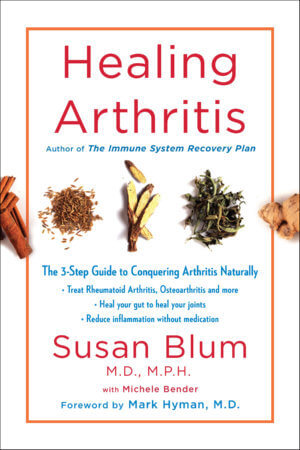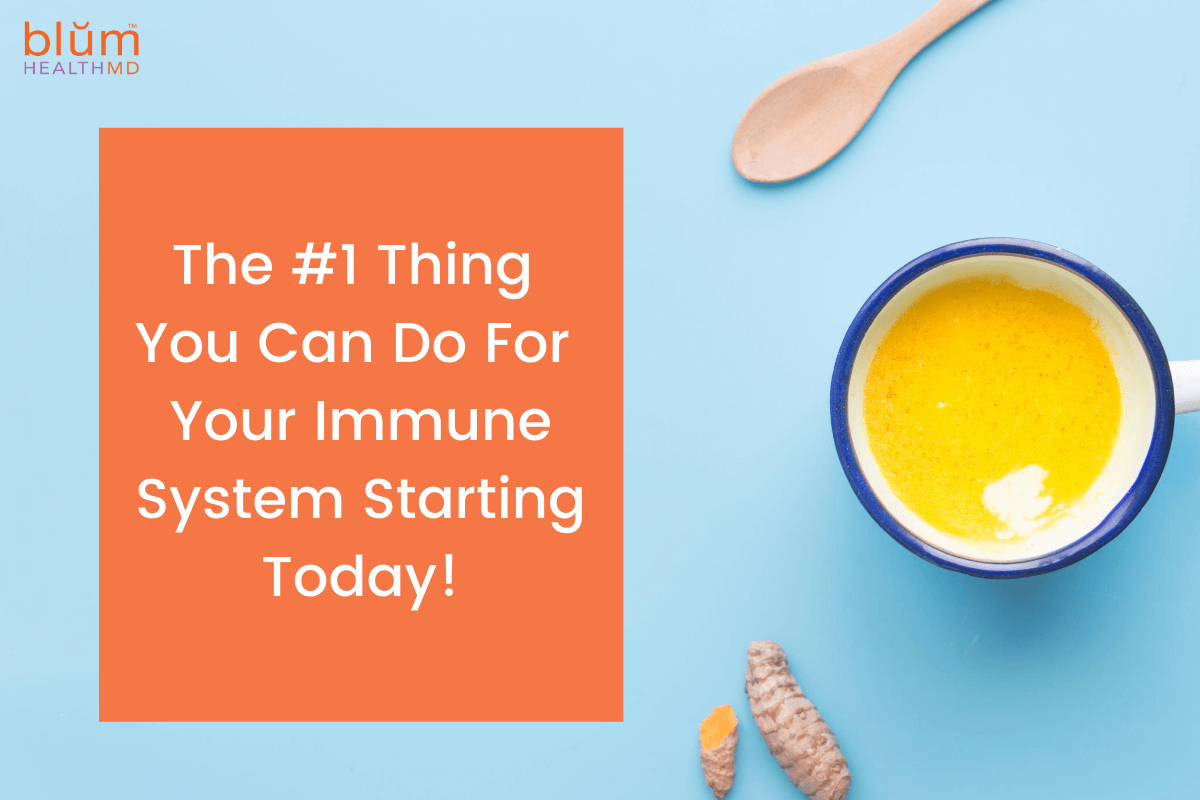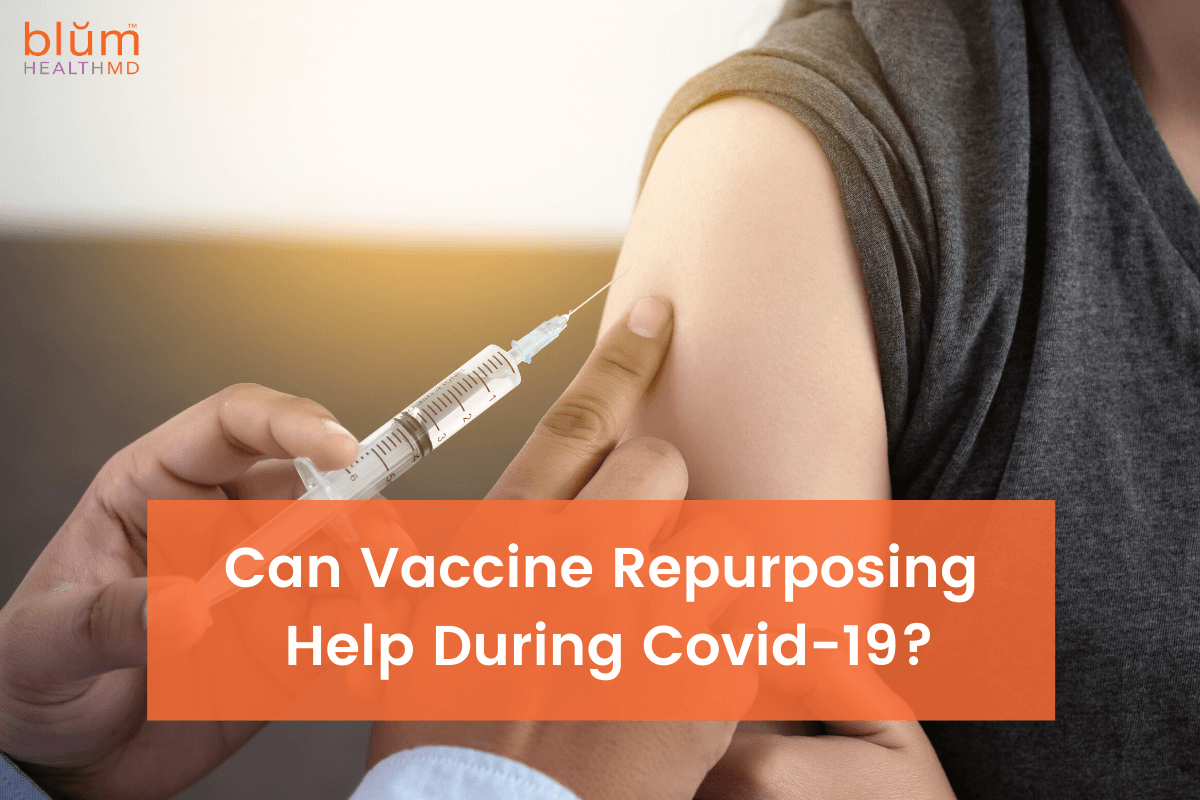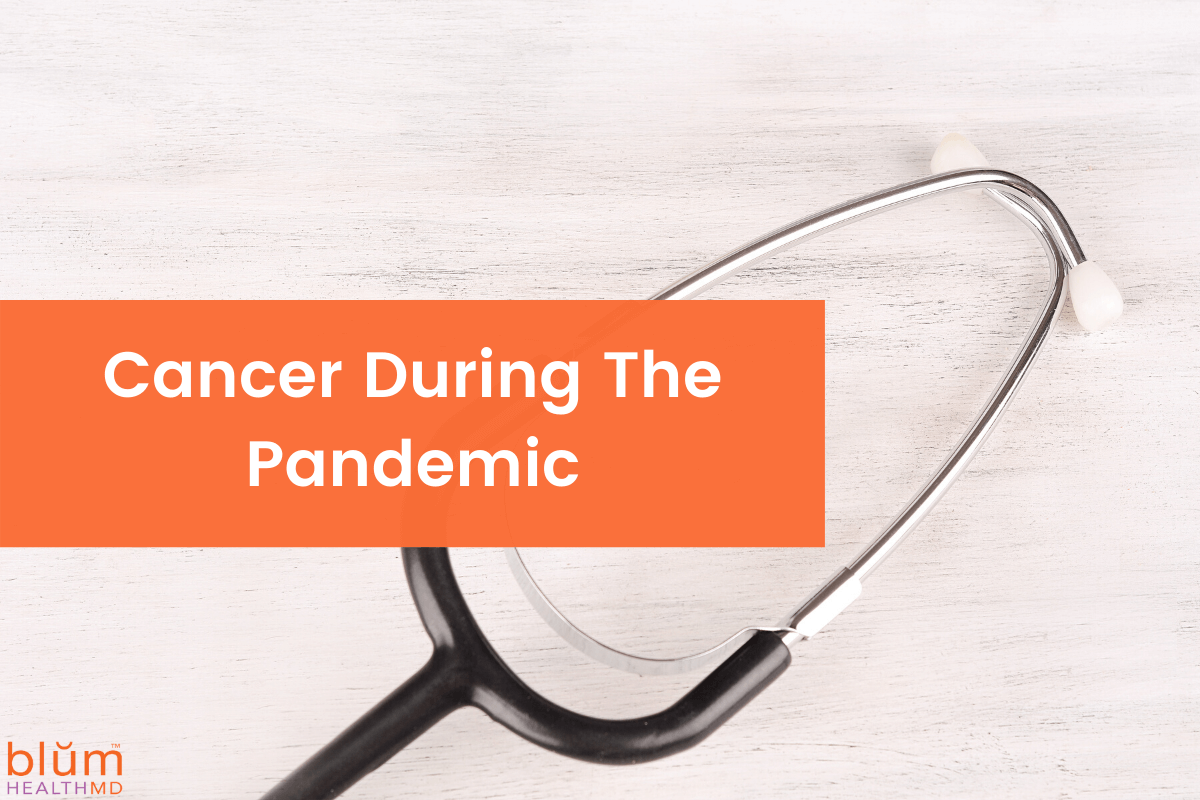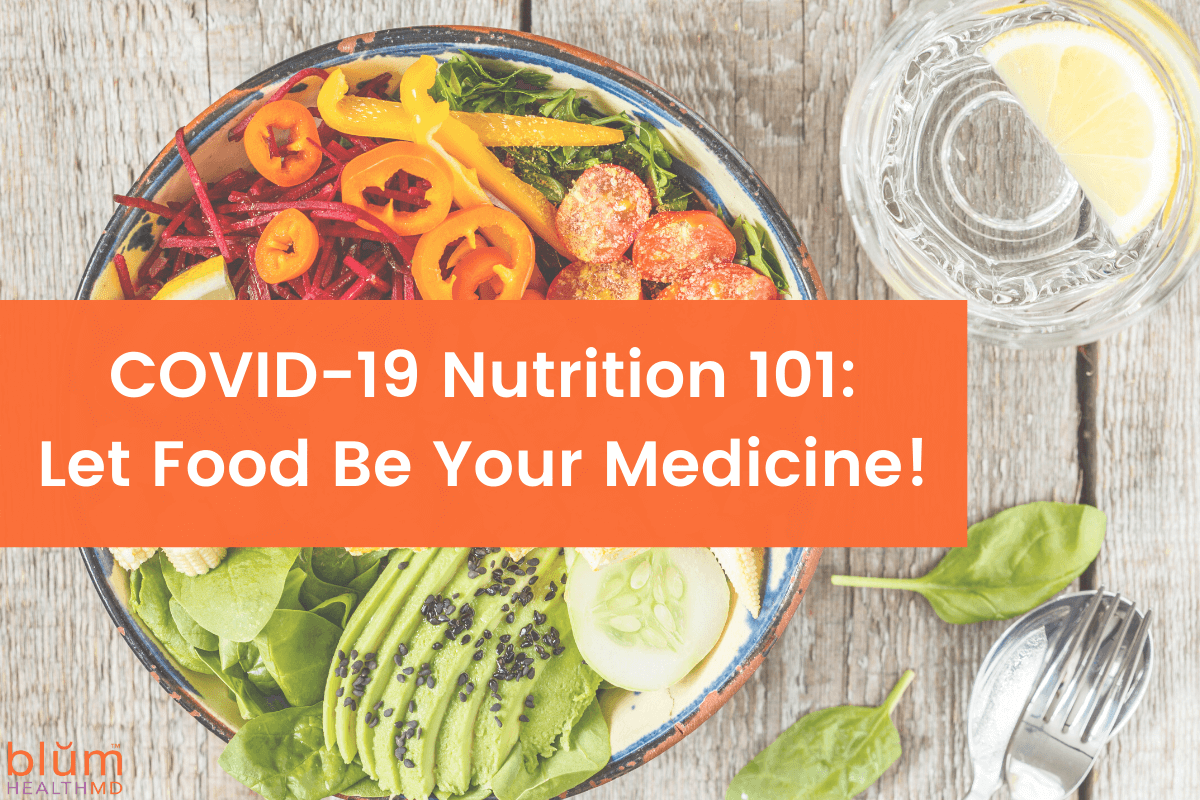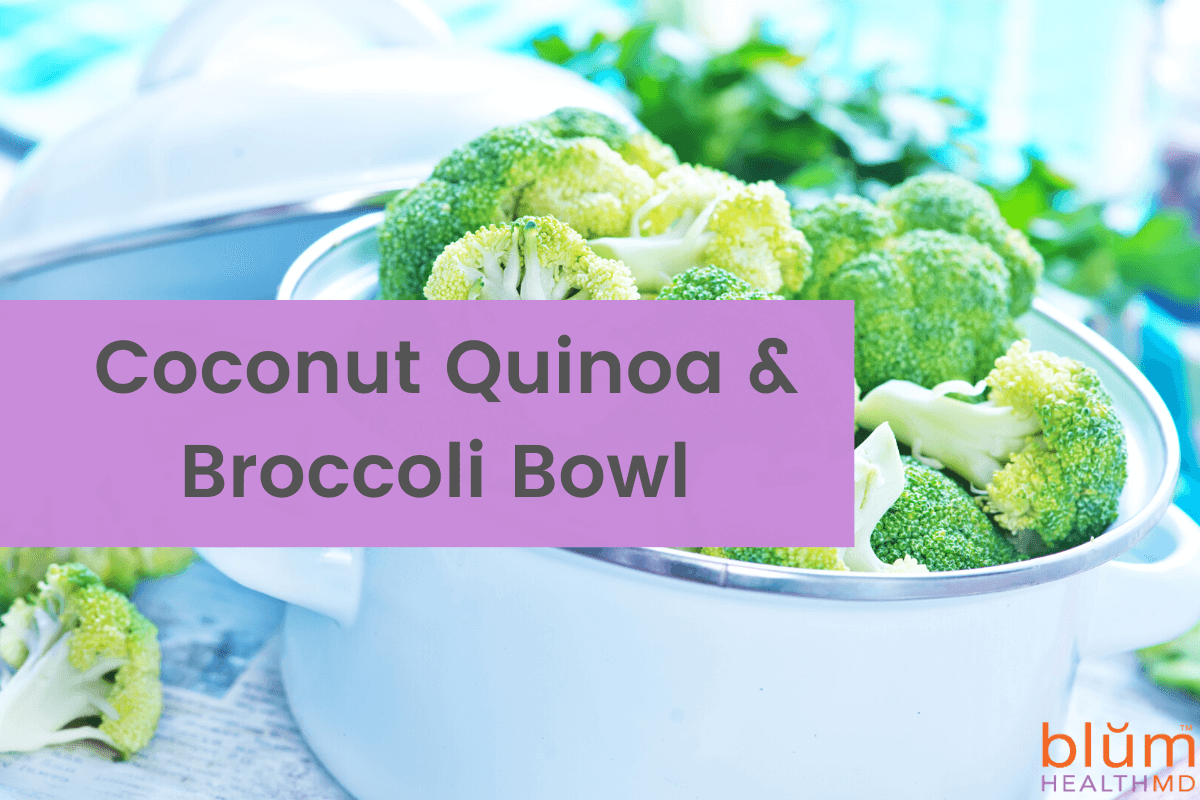
It’s September! I don’t know about you, but this is usually this time of year I am preparing to buckle back down to work after a summer spent outdoors, with some of it on vacation. If you are raising school age or college kids, and this is usually back-to-school time.
But, as we are in the midst of an infectious disease pandemic, these are not usual times. In fact, as we are preparing to move into fall, you might be struggling through and muddling along, coping with coronavirus and hoping not to get COVID-19, the illness that is caused by this virus.
But some of us worry more than others about what would happen if we get this virus. I am thinking about all of my autoimmune patients, who have been writing and asking me very specific questions about how their autoimmunity might change their risk, and what to do about the supplements they should take to prevent the virus from making them very sick were they to be exposed. I decided to write this blog to answer these questions all in one place. For all of my autoimmune patients, clients, friends and family, this is dedicated to you!
Does my Autoimmune condition put me at a higher risk for getting very sick if I get COVID-19?
The most important thing to understand is that there are over 100 different autoimmune conditions and they are all different. Thus, it is hard to answer this with a quick answer. But there are some guidelines that you can follow:
FIRST: There is no evidence that your Autoimmune disease itself puts you at a higher risk for getting very sick with COVID-19. The underlying imbalance in Autoimmunity, where the immune system is mis-directed and attacks your own body, hasn’t been identified as a risk factor.
However, in studying the underlying mechanisms of autoimmunity in people with systemic rheumatological diseases like Lupus (SLE), Sjogren’s Syndrome, Scleroderma, Polymyositis among others, researchers have found that while part of the immune system is overactive, the lymphocytes that fight viruses might be underactive.
Therefore, if you have one of these conditions, you might be at a higher risk of getting COVID if you are exposed. But there are supplements you can take to boost this part of your immune system, and I will share that below.
SECOND: If you have an Autoimmune condition, is that you might have secondary issues like weight gain, high blood pressure, or disease-specific issues, like increased risk for making blood clots, and other possible problems that would influence your risk. To determine if your specific Autoimmune issue could be putting you at risk, you need to check with your doctor.
THIRD: If you are taking immunosuppressant medications to treat your condition, you are definitely at increased risk for getting sick because these medications can reduce your ability to fight the virus, and you should follow the strictest social distancing and mask wearing guidelines.
That being said, never stop your medication on your own. But it’s good to set out a goal for being able to stop. First, meet with your doctor and see if you have any other options. Second, from my perspective, using a Functional Medicine approach and treating the underlying issues like repairing the gut microbiome and reducing toxic load, it is possible to taper off medication as you feel better and your condition improves.
If I get COVID-19, will my Autoimmune Disease get worse?
There is no information that I have read about people with Autoimmunity and what happens to their illness when they have COVID-19. But based on medical logic and experience, my guess is that your current health issues are likely to flare and get worse if you were to get sick. This might be triggered by the virus itself, but more likely from the widespread immune and inflammatory reaction the body mounts against the virus. If your Autoimmune disease is very active and you still have symptoms and are still struggling, consider yourself at high risk and practice stricter social distancing and mask wearing.
Which immune-boosting supplements are good for me and which one’s should I avoid?
I have a great Blog on supplements for boosting immunity to fight coronavirus. You can read it HERE. For this discussion, I want to zero in on the concerns of my patients with Autoimmunity.
GOOD FOR EVERYONE: First, here are the categories of supplements that are all completely safe for all of you, and my previous blog reviews the dosing:
- Antioxidants: Vitamins A, C, Glutathione, NAC, Quercetin, EGCG
- Antiviral and Immunomodulators: Zinc, Vitamin D
- Anti-inflammatory: Fish oil, Curcumin.
See dosing HERE.
IF YOU HAVE AN AUTOIMMUNE CONDITION: You need to choose supplements carefully. The concern is that these are immune boosting, which means they stimulate an increase in your natural killer cells. On one hand, this is a great thing for fighting viruses. However, for some people with autoimmunity, this could conceivably make your condition worse, although this is a theoretical concern because there haven’t been any studies on this. Therefore, I recommend you check with your health practitioner before taking these.
Immune Boosting Supplements: take with caution
- Mushrooms: maitake, reishi, shitake, beta glucan
- Astragalus and echinacea
- Elderberry and Andrographis
If you’d like to learn more about how to use supplements to protect yourself from viruses, like COVID-19, consider joining my new LIVE course, Immune System Strong, led personally by me! Learn More
What can I do to reduce my risk of getting very sick with COVID-19?
Let’s end this blog on a high note! There is plenty you can do to improve your immune function and reduce your risk of getting sick with COVID. These same steps will also help repair your immune system and reverse your Autoimmune condition. My main focus as a Functional Medicine physician is on the foundations of a healthy immune system: food, stress, gut health, toxin load, oxidative stress and inflammation.
The popularity of these questions is exactly why I designed a new just-in-time, 8-week program called Immune System Strong to teach you in real time with verified, no-nonsense information on how to fortify your immune system to fight viruses, like COVID-19, as we move into winter flu season! We begin soon! Learn More
